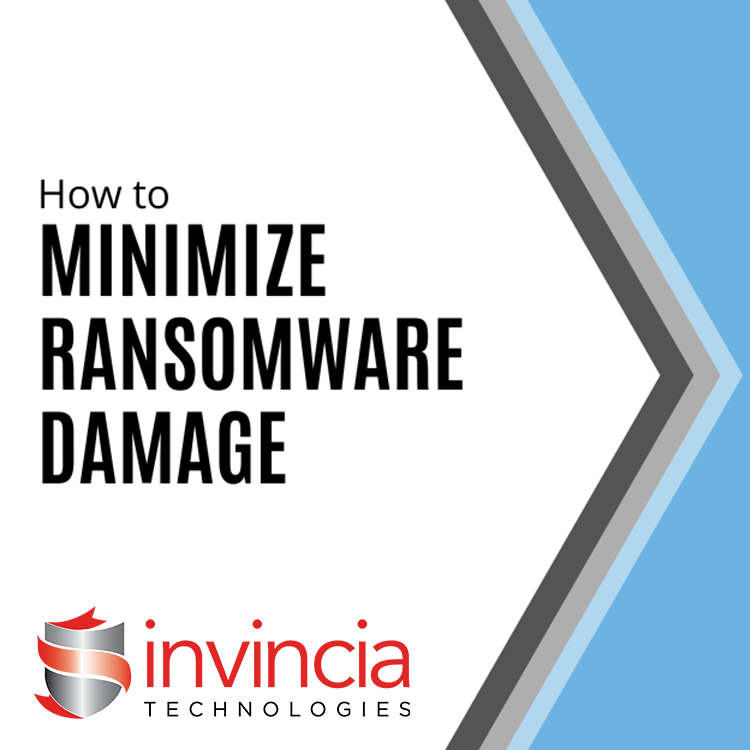Ransomware has become a significant problem for many individuals and businesses. It can lock up your files and demand payment to release them. This article will guide you on how to protect yourself from ransomware and what to do in case of an attack.
What is Ransomware?
Ransomware is a type of malicious software that infiltrates your computer, locks your files, and demands payment to unlock them. This can be both frightening and costly.
How does ransomware work?
Ransomware typically enters through email or malicious websites and can spread through networks. Once inside, it encrypts your files with strong codes, and you receive a message demanding payment.
How does Encryption Work?
Encryption uses algorithms and keys. An algorithm is a set of rules for solving problems, and a key is like a password that unlocks the encrypted message.
How can you prevent ransomware attacks?
There are several ways to prevent ransomware before it causes harm. Here are some key steps:
Keep your software up to date
Always keep your computer and programs updated. Updates often fix vulnerabilities that ransomware exploits.
Use good antivirus software
Invest in strong antivirus software, keep it turned on, and ensure it is updated. It can detect many types of ransomware.
Be careful with emails
Avoid opening emails from unknown senders and do not click on links or download files unless you are certain they are safe.
Back up your files
Regularly back up your most important files and store them on a separate device. This way, if ransomware locks your files, you will still have copies.
What do you do if you get ransomware?
If you suspect you have ransomware, don’t panic. Here’s what to do:
Disconnect from the network
Immediately disconnect your computer from the internet to prevent the ransomware from spreading or worsening.
Don’t pay the ransom
Experts advise against paying the ransom as there is no guarantee you will get your files back, and paying encourages more attacks.
Report the attack
Report the attack to the police and your country’s cybersecurity center. They can assist and use the information to prevent future attacks.
Use your backups
If you have backups, restore your files from them. That’s what backups are for, after all.
How can businesses protect themselves?
Businesses should take additional steps to stay safe. Here are some suggestions:
Train your employees
Educate your employees about ransomware, providing examples of what to watch out for and what to do if they encounter something suspicious.
Limit access to key files
Restrict access to essential files to only those who need it for their job. This can limit the spread of ransomware.
Have a plan ready
Develop a strategy in case of a ransomware attack and practice it. Preparation will help you respond swiftly and contain the damage.
How is ransomware evolving?
Ransomware is constantly developing new tricks. Be aware of these:
Attacks on phones and tablets
Ransomware can now target not only computers but also phones and tablets. Be cautious with all your devices.
Double extortion
Some ransomware now steals your data before locking it and then threatens to release your private information if you don’t pay, making the attack even worse.
Attacks on cloud services
As more people use cloud storage, ransomware has started targeting these services. Ensure your cloud accounts are secure.
Stay Safe and Prepared
Ransomware is a serious threat, but you can protect yourself by keeping your software updated, being cautious online, and always having backups. If you run a business, train your team and have a solid plan. Stay alert and ready.
Don’t try to face ransomware alone. Contact us if you need help with ransomware or have additional questions.

